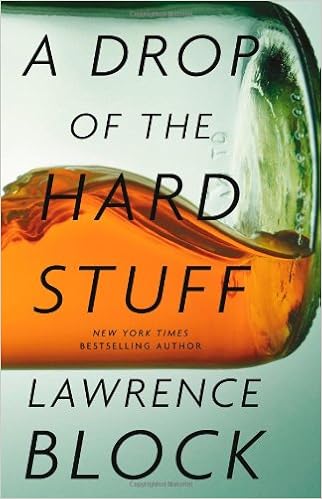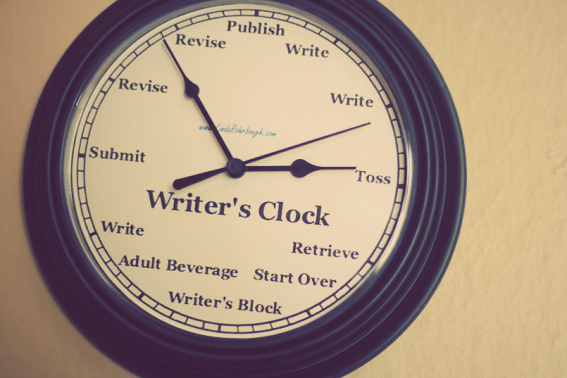Sometimes, something obvious to one person may not be as clear to another. That was true for me in high school (math and science). And it was true for me from the first time I heard "Escape: The Pina Colada Song" until just a few years ago, when I realized that the author of the personal ad (remember those?) in the song wanted someone not into yoga, rather than someone not into yogurt. (Not being a fan of yogurt's texture, its supposed inclusion in the ad had made a ton of sense to me. But I digress.)
I also had a hard time seeing something important about writing short stories inspired by things--often songs--and I didn't even realize it. Until recently.
But before I tell you about that, I need to give a little backstory. Short story anthologies inspired by music have been popular for more than a decade. I've had stories in books inspired by the songs of Billy Joel and Joni Mitchell, as well as by songs that were one-hit wonders in the US. Now I am glad to add another story sparked by music to my list: "Keep It Dark" appears in In Too Deep: Crime Fiction Inspired by the Songs of Genesis. The book, edited by Adam Meyer, was published last week by Down & Out Books.
I spent a lot of time in high school listening to Genesis on the radio, as well as to the independent releases of Phil Collins, who was the band's drummer and its lead vocalist from the mid-1970s to the mid-1990s. But to my surprise, when I reviewed the list of Genesis's songs in anticipation of writing a story for this new anthology (thank you, Adam, for inviting me to contribute), there was one--okay, more than one, but bear with me--that I had never heard of: "Keep It Dark."
It appeared on the 1981 album Abacab. A Rolling Stone article from 2014 about twenty great Genesis songs that aren't well known said "Keep It Dark" was never released as a single in the US, which explained why I had never heard it. I eagerly streamed it, and for the first half, I sat confused, thinking, Is this really a Genesis song? It is bad. I can understand why it wasn't released as a single in the US. But then a funny thing happened; the song grew on me. By the time it ended, I immediately played it again. And now I love it! And I totally get why it was released individually in the UK and hit #33 on the UK singles chart. And I get why Rolling Stone thinks so highly of it.
The unusual beat is catchy, and the lyrics are interesting. They tell a story--one more detailed than a lot of songs do. I decided to use "Keep It Dark" as my story's inspiration. I needed to pay tribute to the song, but I didn't want to retell the story this song tells. That turned out to be difficult. Everything I was writing felt derivative.
And this is where the thing that you may think is obvious--but it wasn't for me--comes into play. Needing help, I called my fellow SleuthSayer John Floyd, who is a very wise man. He told me not to get bogged down trying to work so many details from the song into my story. Just find a piece of it that I could run with. That advice felt like opening a window on a lovely spring day. Rejuvenated, I took John's advice, and I ended up with a story I am delighted with. If you listen to the song "Keep It Dark," I believe you will see that it sparked my story of the same name, yet my tale is different.
Here is what my "Keep It Dark" is about:
It's the spring of 1972, and life's been good for Gary. He loves working at the pawn shop, where he helps people out of their financial jams. But a sleazy new employee has changed the vibe, and Gary's in his crosshairs. Can this good guy find a way out of the jam he's about to find himself in?
I hope John's advice is as helpful to you as it was to me. Thanks again, John! And I hope you will pick up a copy of In Too Deep. It has seventeen stories, including ones by fellow SleuthSayers Michael Bracken, Joseph S. Walker, and Stacy Woodson.
You can buy the book in ebook and trade paperback from the usual sources, as well as directly from the publisher. If you buy the paperback straight from Down & Out Books, you can have the ebook thrown in for free. Just click here.
Do you have a favorite Genesis song? Which song and why? I would love to hear. And listen to "Keep It Dark" and let me know if it grows on you like it did on me.














.jpg)





























